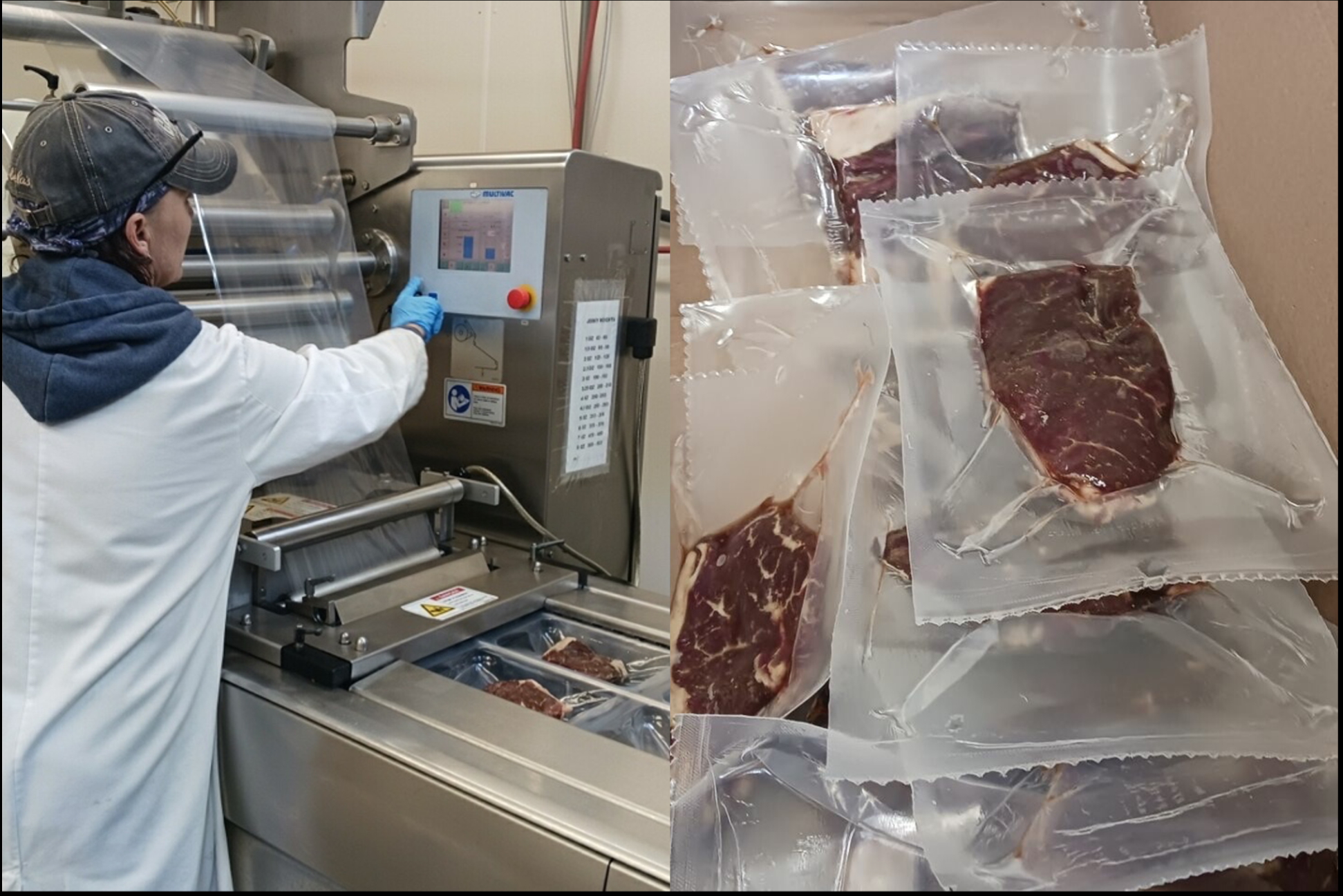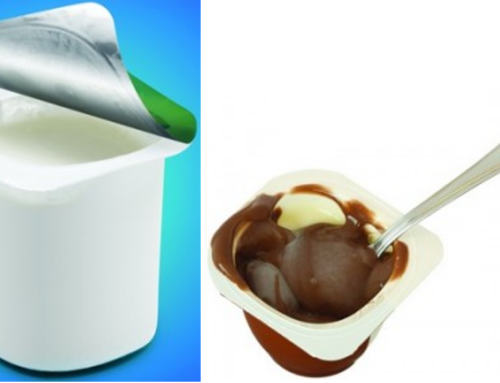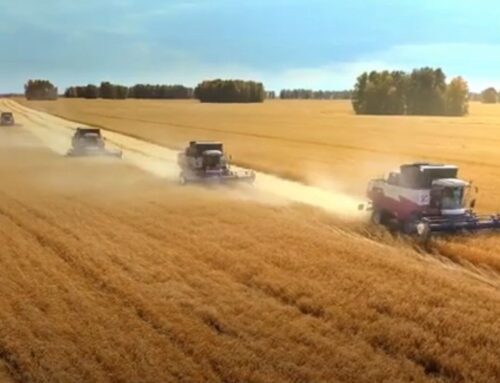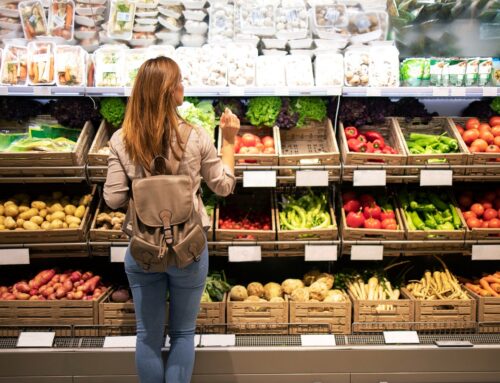A Fresh Approach to Consumer Research
Traditionally, understanding consumer preferences at scale has been a costly and logistically challenging endeavor. However, this study introduces a novel method that could revolutionize how we conduct consumer research. By offering participants the chance to win the very product they’re evaluating—premium Criollo steak—the researchers not only engaged participants more effectively but also overcame logistical hurdles.
Participants in the study were given varying chances of winning the steak they bid on, ranging from a definite win to a slim 1% chance. Interestingly, the likelihood of winning did not significantly alter their bidding behavior. This suggests that the incentive of potentially winning a high-quality product is sufficient to elicit genuine consumer preferences without the need to physically distribute the product to all participants.
Implications for the Criollo Meat Industry
The study’s findings have significant implications for the Criollo meat industry. Firstly, it demonstrates a high willingness-to-pay (WTP) premium for sustainable Criollo steaks, significantly above the premiums traditionally seen for grass-fed beef. Consumers are willing to pay between $4.27 to $6.37 per pound extra for Criollo beef, with a noted preference that even incentivized consumers are willing to pay approximately $4.85 per pound over conventional options.
This premium reflects not just a preference for the taste or quality of Criollo beef but also an underlying value placed on sustainability and ethical meat production. As the industry seeks to cater to an increasingly conscientious consumer base, these insights could guide marketing strategies, production practices, and overall business models.
Towards a Sustainable Future
The research also highlights the importance of innovative methodologies in understanding consumer behavior. By utilizing lottery incentives, the study offers a blueprint for cost-effective, scalable research that doesn’t compromise on data quality. This approach can be particularly beneficial for niche markets such as the Criollo meat industry, where understanding specific consumer segments is crucial for growth and sustainability.
Conclusion
The findings from this recent study not only advance our understanding of consumer preferences in the meat industry but also offer practical insights for businesses looking to navigate the complexities of sustainable food production. With a clear indication that consumers are willing to pay a premium for sustainability, the Criollo meat industry stands at the cusp of significant growth and innovation. As we move towards a more sustainable and ethically conscious food system, studies like these are invaluable in shaping the future of food consumption.
For industry professionals, embracing these insights could mean the difference between staying ahead of consumer trends or lagging behind. The future of the Criollo meat industry looks promising, and with continued research and innovation, it can meet the growing demand for sustainable and ethical meat options.
Key Takeaways for the Criollo Meat Industry:
- High Willingness-to-Pay Premiums: Consumers show a willingness to pay significantly higher premiums for Criollo beef, indicating a strong market opportunity.
- Sustainability as a Value Proposition: The premium on Criollo beef reflects a consumer preference for sustainability and ethical production, which can be leveraged in marketing strategies.
- Innovative Research Methods: The study’s lottery incentive approach provides a new pathway for cost-effective and scalable consumer research, beneficial for exploring niche market preferences.
Reference
Ahles, A., Palma, M. A., Drichoutis, A. C. (2024). Testing the effectiveness of lottery incentives in online experiments. American Journal of Agricultural Economics.






